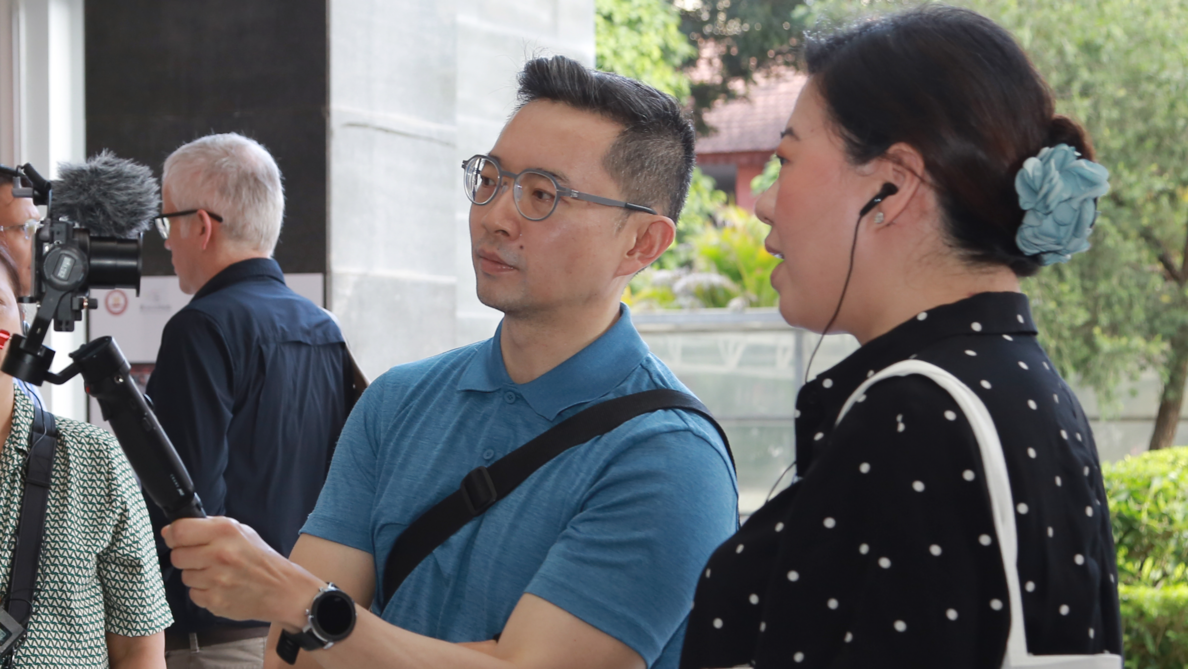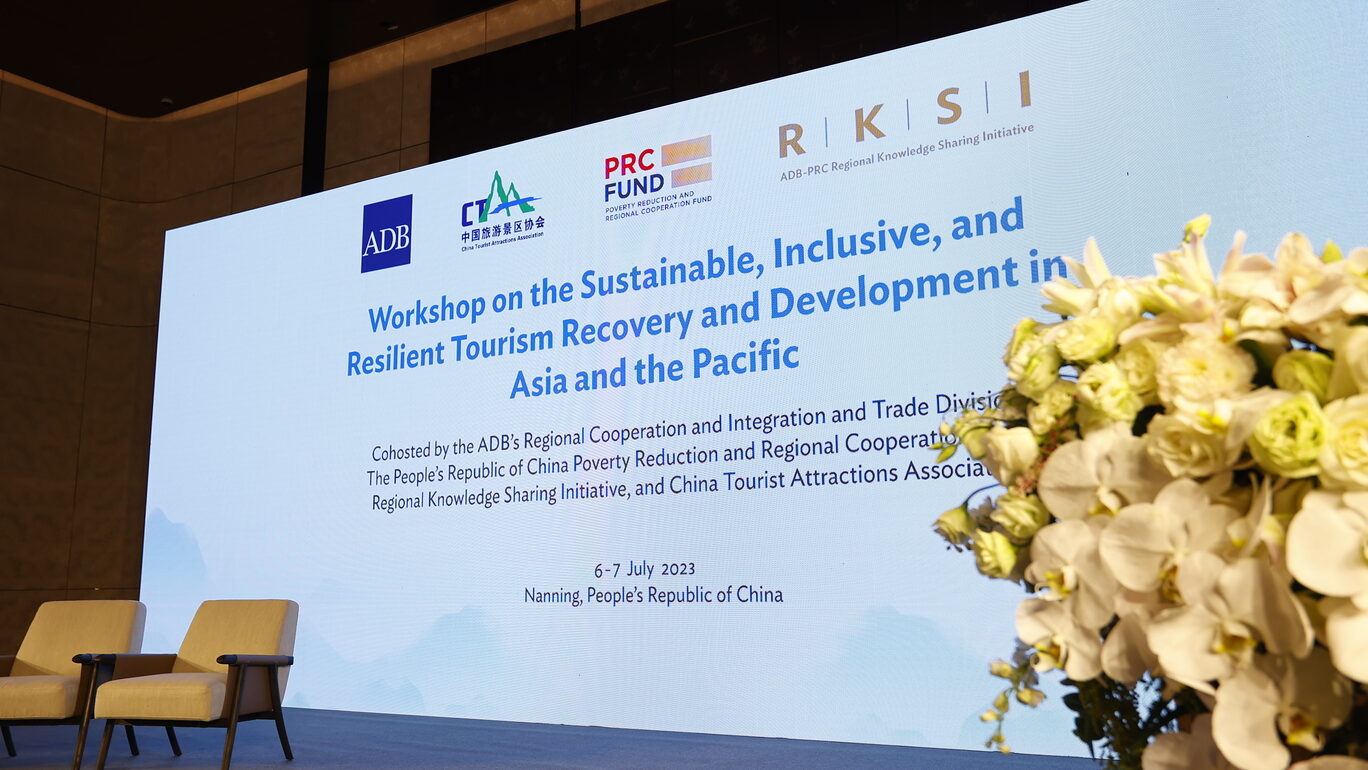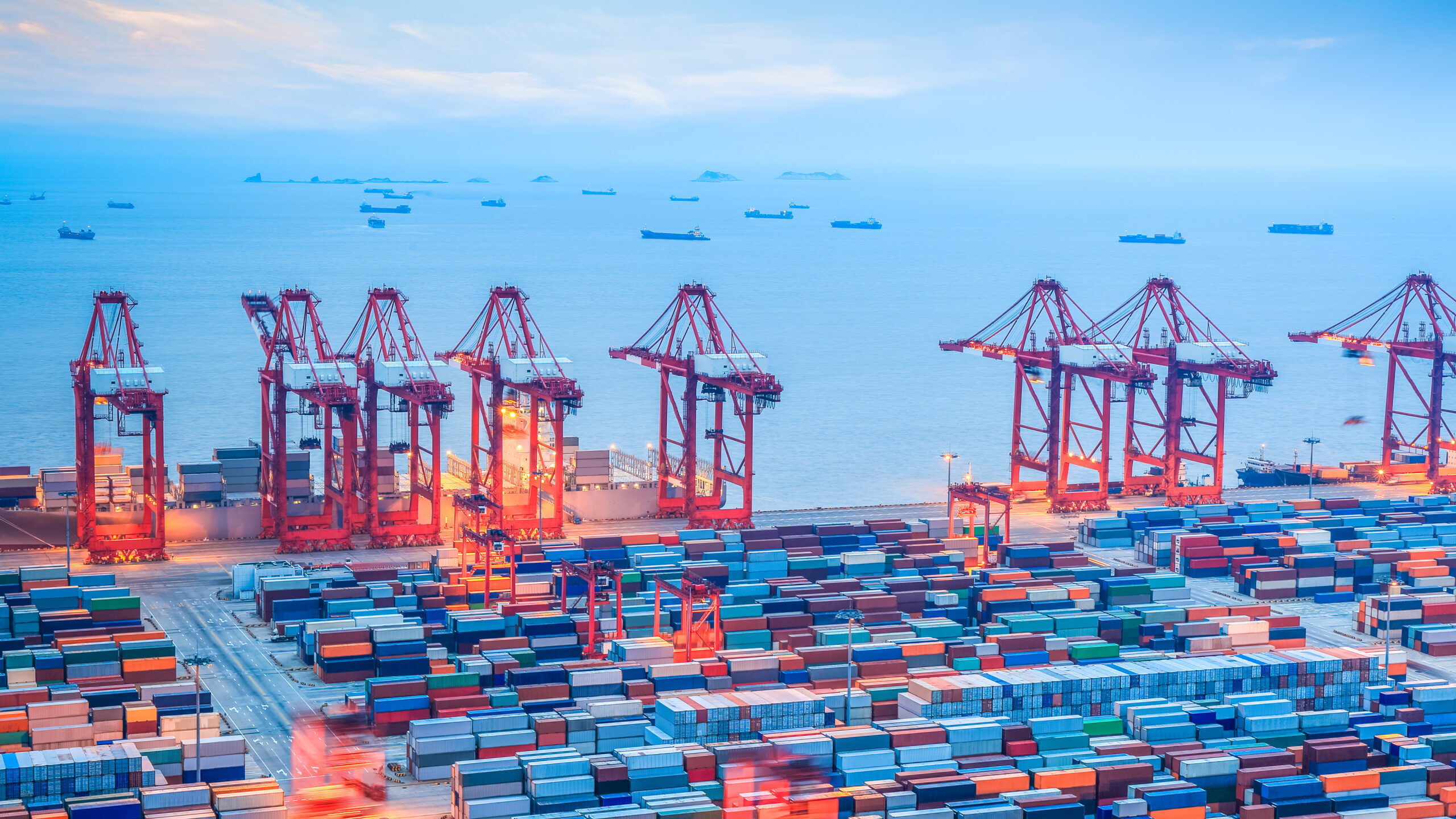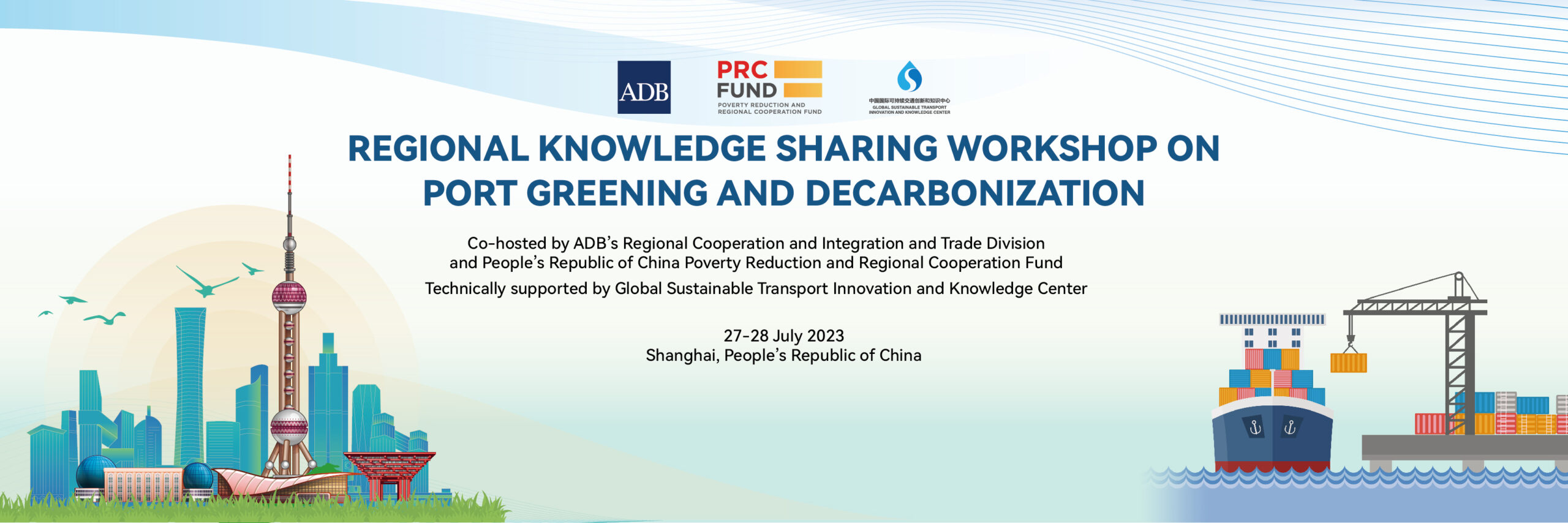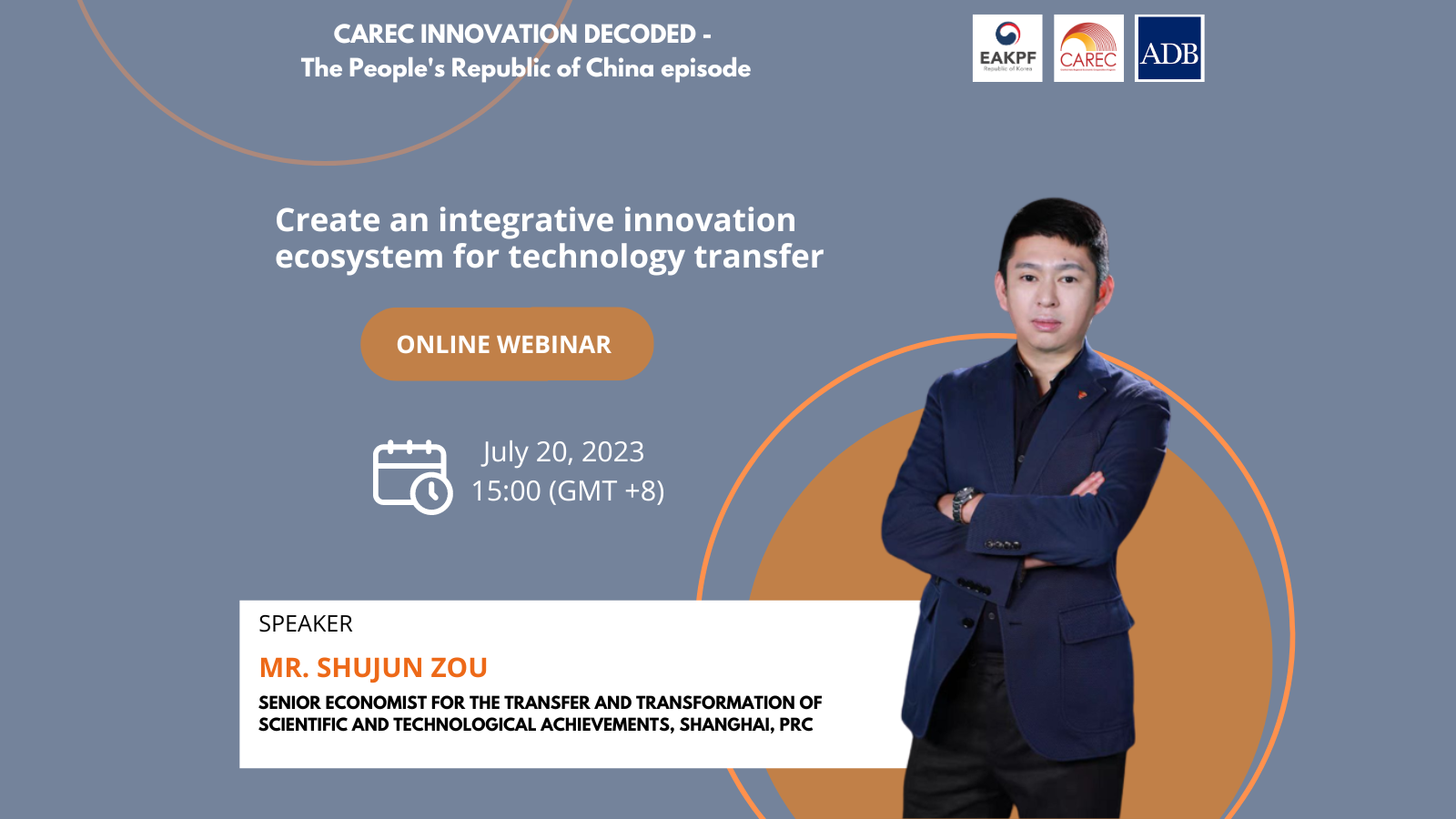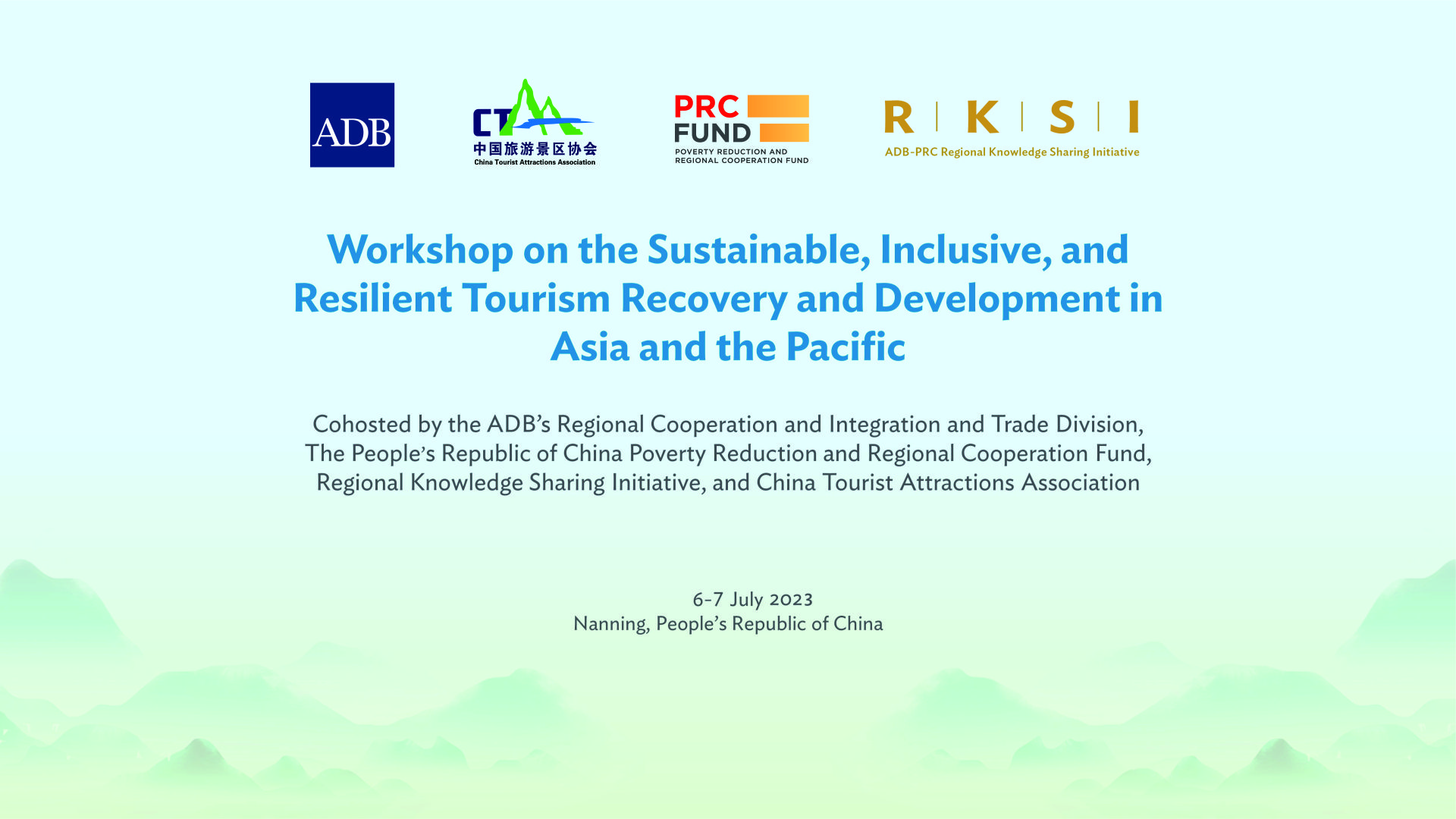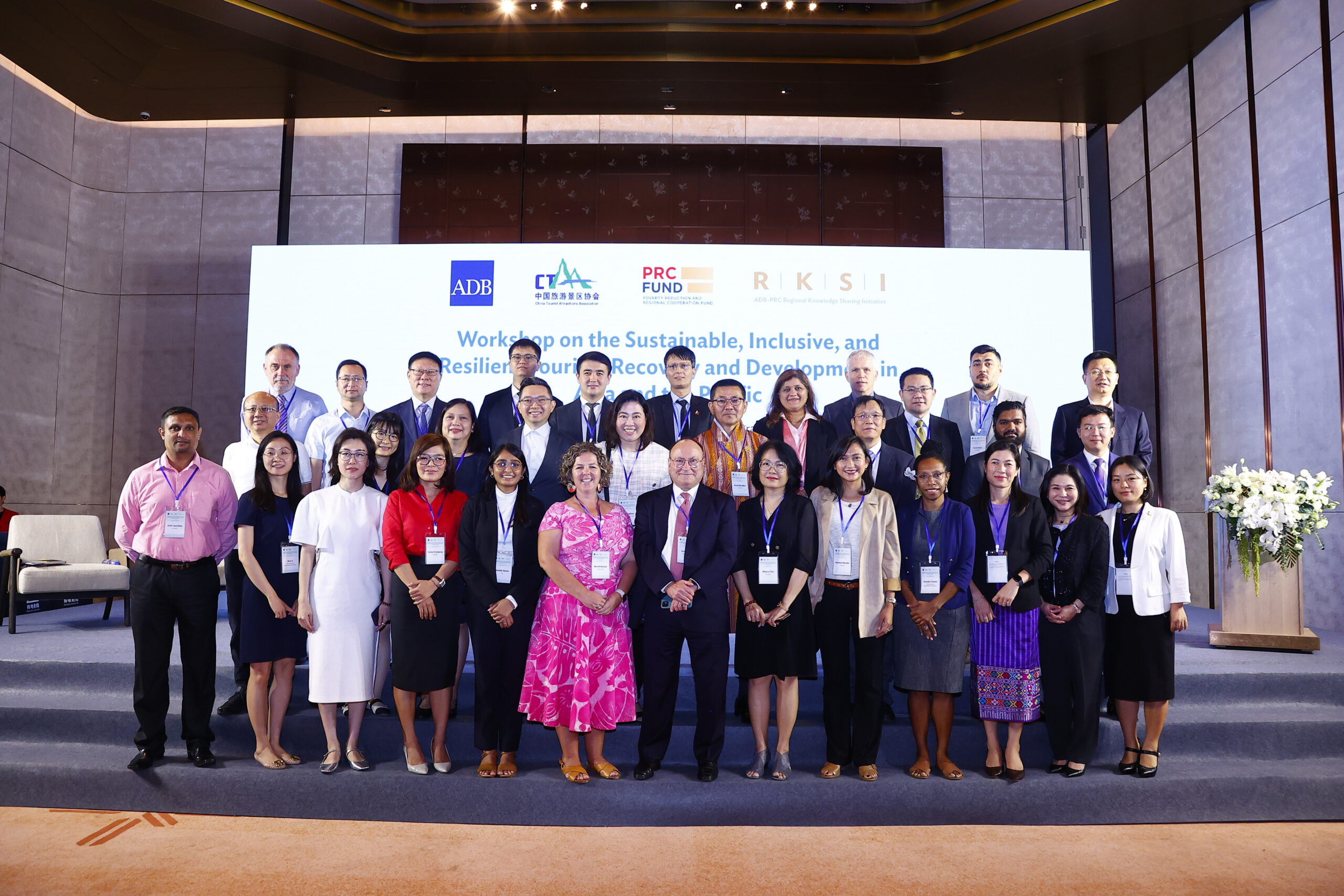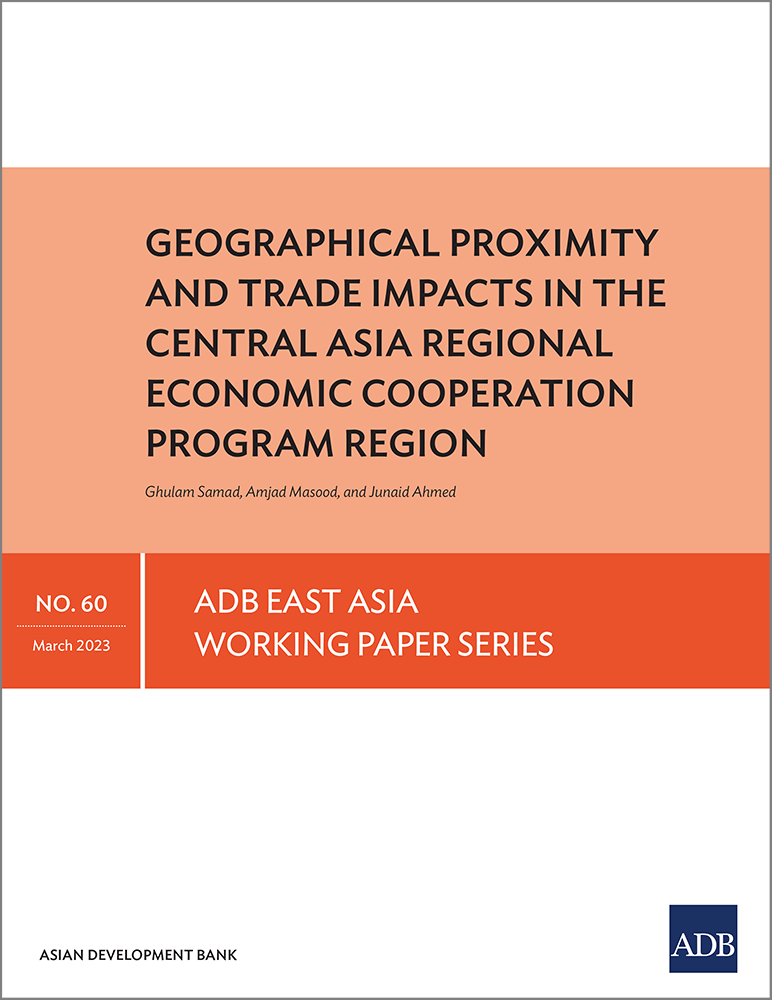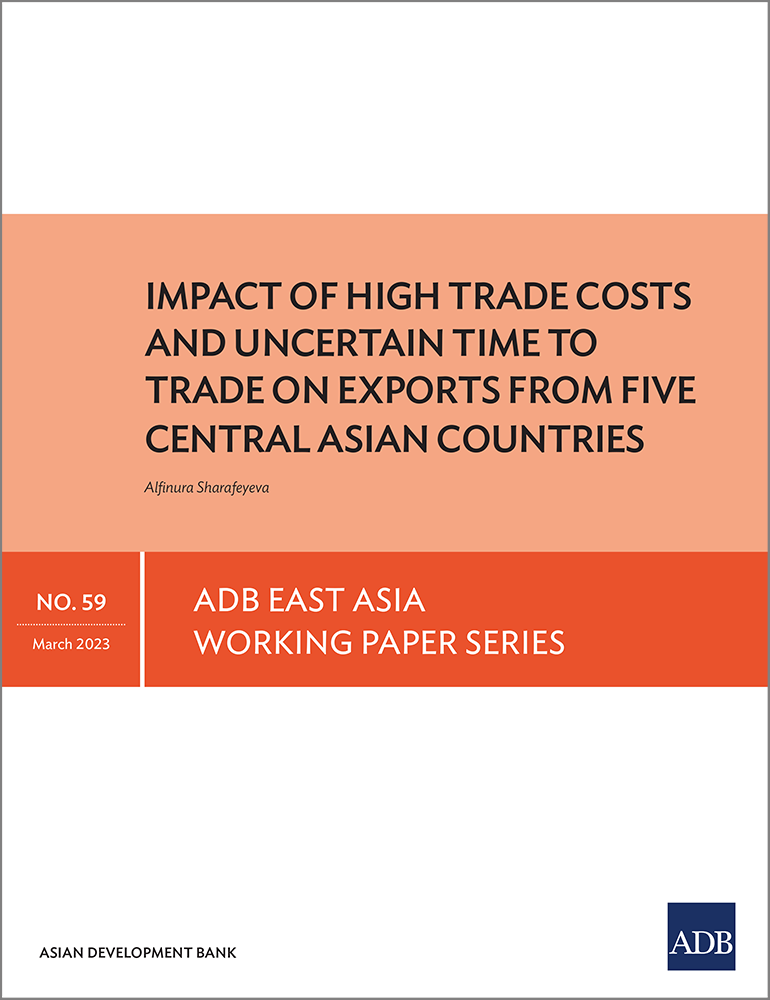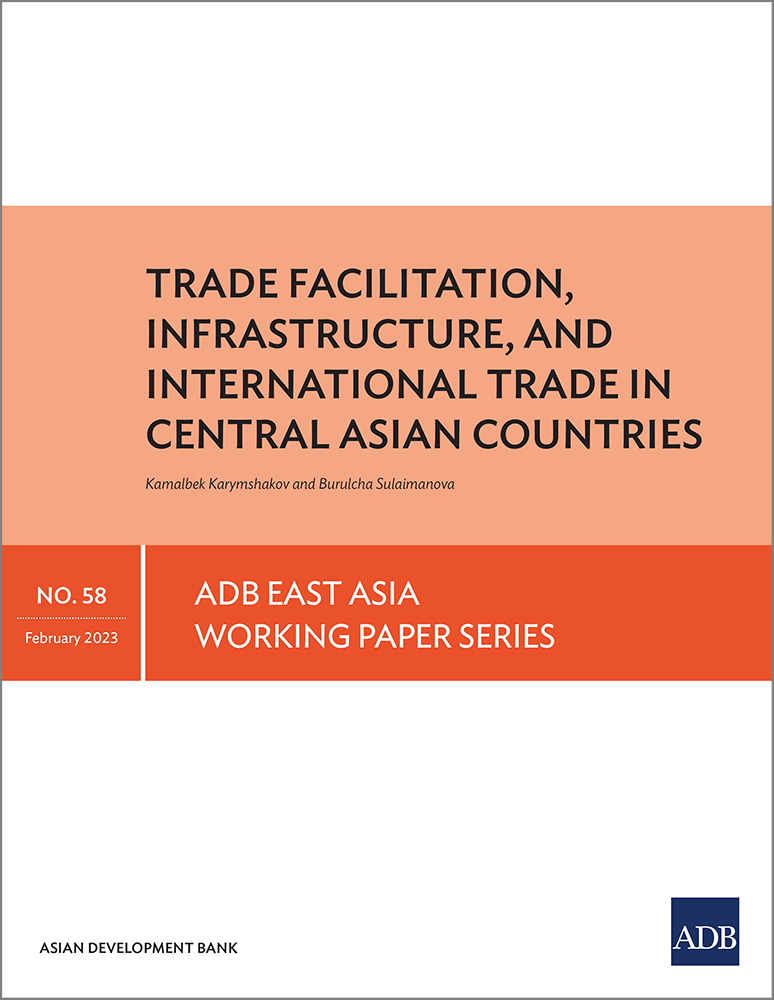
With global efforts focused on post-pandemic recovery and addressing climate change threats, digitalization and technological innovation, enabled by the right policy and infrastructure support, offer pathways to sustainable and inclusive growth.
Addressing infrastructure, investment, and policy gaps are key to inclusive digital growth.
Digital technology is at the forefront of transforming economies and societies at an unprecedented speed and scale. Advancements in automation, e-commerce, and mobile payments allow businesses to cut costs and increase profits. Despite improvements in digital literacy and adoption, nearly one-third of the world’s population remains offline due to affordability issues.
Countries in the Central Asia Regional Economic Cooperation (CAREC) region are at different stages of development, and so are their digital technological adoption levels. According to International Telecom Union, the region has some of the lowest internet usage rates globally, with over three-fourths of the population in Afghanistan, Pakistan, Tajikistan, and Turkmenistan being disconnected. Many of these countries are landlocked and not linked to global fiber-optic lines further complicating broadband connectivity.
Apart from geological barriers, poor regulation and reforms, limited private investment, and entrenched state-owned monopolies exacerbate digital gaps in CAREC countries. Therefore, addressing these issues is key to expanding access and ensuring that digital transformation is equitable and inclusive.
Paying attention to marginalized populations is critical in bridging the digital divide.
While technological innovation has increased productivity and efficiency, the varying rates of digital adoption has also widened the existing digital divide among countries, regions, genders, income, and age groups.
For instance, while enterprises in the People’s Republic of China (PRC) are in Industry 4.0 stage of digital growth characterized by Internet of Things, cloud computing, artificial intelligence, and robotics, many companies in other CAREC countries are still in Industry 2.0 stage of electrification of machines and mass production. In addition, women face additional barriers to digital literacy and access, alongside prevalent gender bias and stereotype.
As a result, promoting an inclusive digital transformation means providing equitable access to digital tools, skilling opportunities, and other resources to all segments of the population, particularly the marginalized ones. Supporting individuals and businesses in upskilling and re-skilling and acquiring and using new technologies help level the field and bridge the digital divide.
An enabling policy environment is vital for cross-border digital trade.
As more and more companies shift their operations online, it is crucial to establish robust governance structures and regulatory frameworks to ensure security, safety, and transparency in digital transactions. Policies must be put in place to protect consumers and build trust among online users.
The PRC’s growth in e-commerce—amassing over 87 million users in 2022 and accounting for 42% of the global marketplace—is anchored on incremental and steady policy direction, incentivization, and enactment of legal and regulatory frameworks, particularly its focus on national and sub-national policies to drive e-commerce development in rural areas. Lessons from the PRC’s e-commerce development have broader applications in the digitalization of trade and public services.
Albeit at a modest scale, countries in the CAREC region are upscaling their efforts to digitalize trade facilitation and e-governance processes. Pakistan’s experience with the single window initiative for cross-border trade facilitation has eliminated the need to process as many as 45 manual documents, resulting in substantial cost and time savings. Similarly, Mongolia has taken remarkable steps in adopting ICT tools for optimizing public services, piloting the use of a digital platform that provides 994 public services for citizens and legal entities.
Inclusive digital transformation relies on accessible and affordable financial services.
Although global online transactions have increased over the years, 1.4 billion individuals remain excluded from theformal financial sector. According to the World Bank, most CAREC countries fare below the global average (74%) in bank account ownership.
Digital technology can help bridge the financial inclusion gap by providing alternatives to traditional banking services. Mobile money, for example, allows people to conduct financial transactions using their mobile phones without needing a bank account. This has been particularly beneficial in developing countries, where bank account ownership remains low and financial services are limited.
In the PRC, digital technology is advancing financial inclusion through promoting ownership of transaction accounts and use of digital payments. Within a decade, online transaction volumes in the PRC increased from 5.41 trillion to 1163.19 trillion, while mobile payment usage grew from 33.6% to 78.3%.
Sustainable Digital Transformation— Way Forward for CAREC Countries.
To realize the enormous untapped digital potential in the CAREC region, member countries designed the CAREC Digital Strategy 2030, which provides a comprehensive roadmap for creating a regional digital economy. The strategy emphasizes the centrality of creating an innovation ecosystem by combining efforts and resources among the private and public sector, academics, research institutions, and development partners.
Gathering and networking in an event such as the CAREC Think Tank Forum is one way to connect countries and exchange knowledge and best practices to harness digital technology to promote sustainable economic development.
Author

Khalid Umar
Chief Strategic Planning Division, CAREC Institute
Related event: 7th CAREC Think Tanks Development Forum

